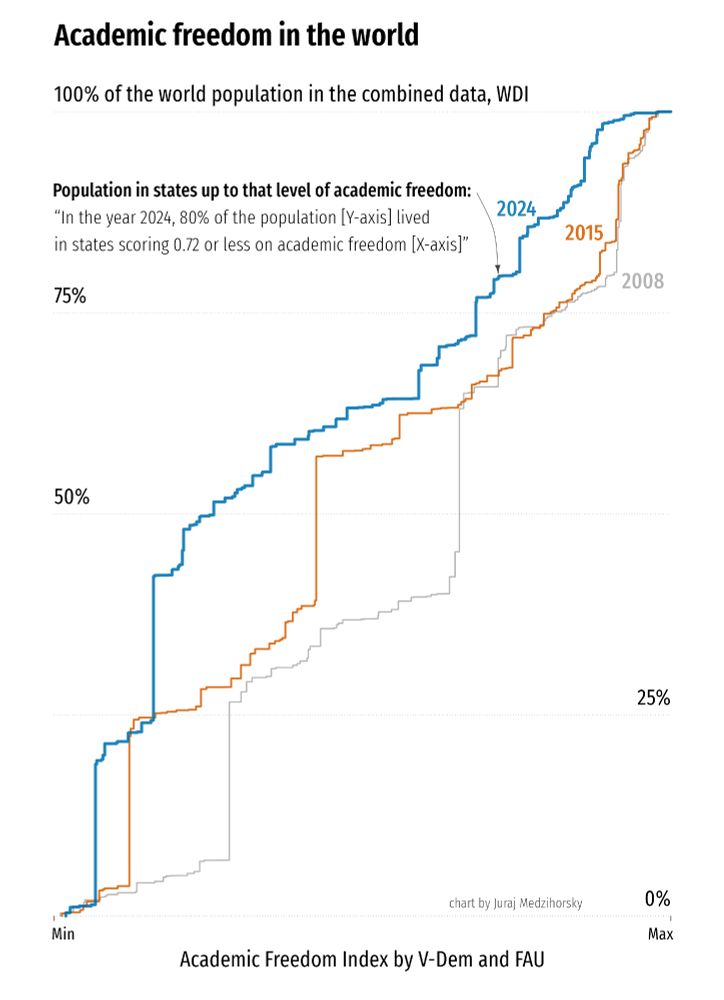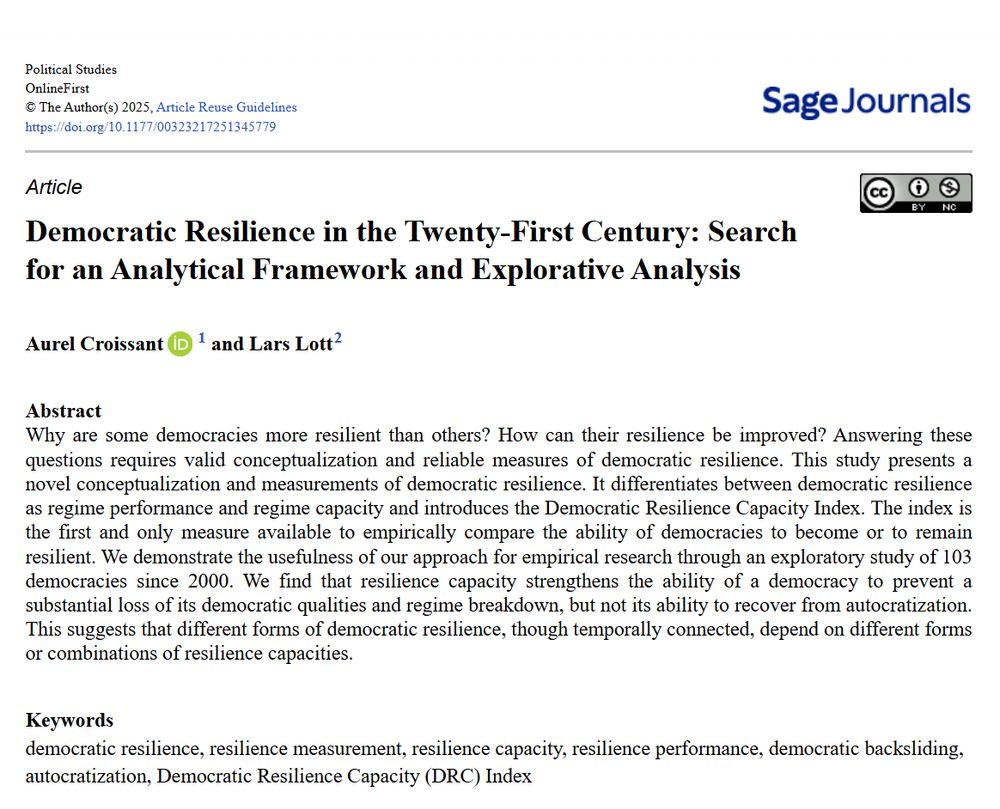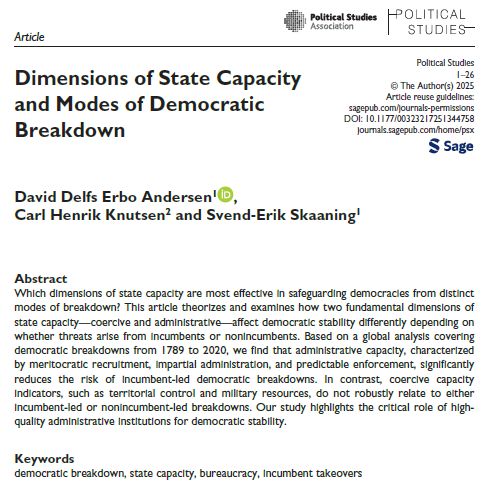Lars Lott
@larslott.bsky.social
290 followers
390 following
29 posts
Postdoctoral researcher in political science | Friedrich-Alexander-Universität Erlangen-Nürnberg | academic freedom | democracy
Posts
Media
Videos
Starter Packs
Pinned
Lars Lott
@larslott.bsky.social
· Jul 1

Democratic Resilience in the Twenty-First Century: Search for an Analytical Framework and Explorative Analysis - Aurel Croissant, Lars Lott, 2025
Why are some democracies more resilient than others? How can their resilience be improved? Answering these questions requires valid conceptualization and reliab...
doi.org
Reposted by Lars Lott
Reposted by Lars Lott
Lars Lott
@larslott.bsky.social
· Sep 5
Lars Lott
@larslott.bsky.social
· Sep 5
Lars Lott
@larslott.bsky.social
· Sep 5
Lars Lott
@larslott.bsky.social
· Sep 5
Lars Lott
@larslott.bsky.social
· Sep 5
Lars Lott
@larslott.bsky.social
· Sep 5
Lars Lott
@larslott.bsky.social
· Sep 5
Lars Lott
@larslott.bsky.social
· Sep 5
Lars Lott
@larslott.bsky.social
· Sep 5
Reposted by Lars Lott
Reposted by Lars Lott
Reposted by Lars Lott
Political Studies
@polstudies.bsky.social
· Jul 25
Reposted by Lars Lott
Reposted by Lars Lott
Reposted by Lars Lott
Lars Lott
@larslott.bsky.social
· Jul 1

Democratic Resilience in the Twenty-First Century: Search for an Analytical Framework and Explorative Analysis - Aurel Croissant, Lars Lott, 2025
Why are some democracies more resilient than others? How can their resilience be improved? Answering these questions requires valid conceptualization and reliab...
doi.org








